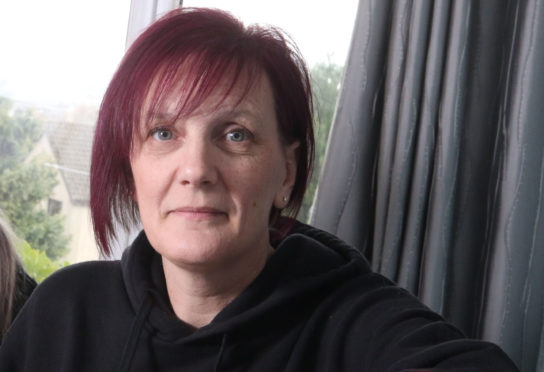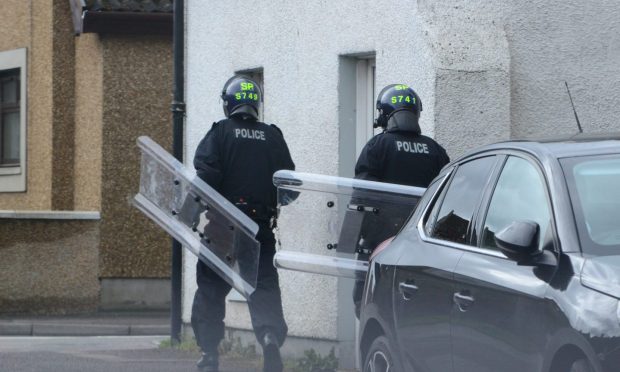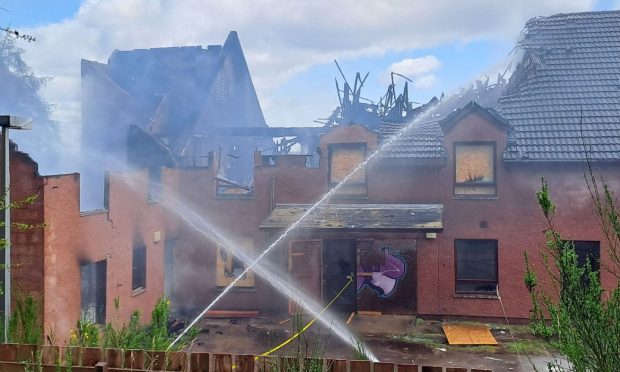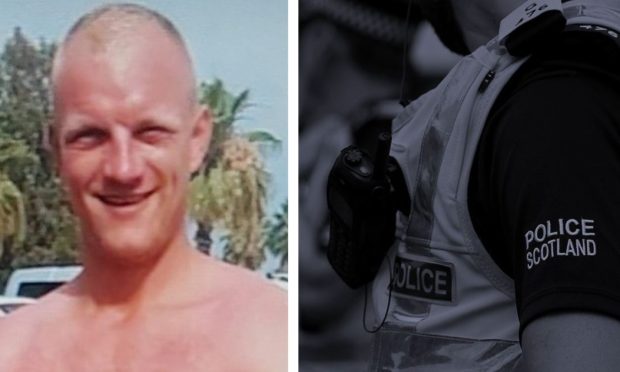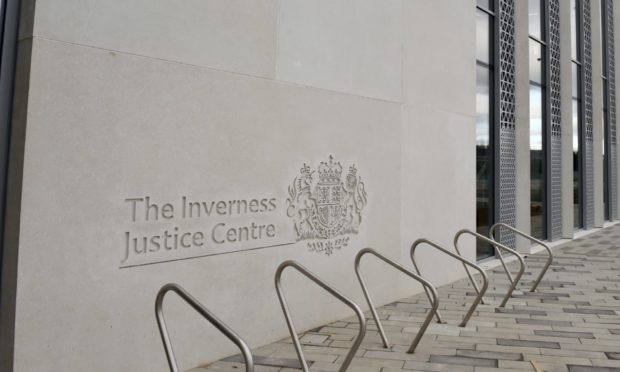An Inverness autism campaigner has taken the extreme step of filing a complaint to the Scottish Government against Highland Council using a rare procedure.
Barbara Irvine has lodged her complaint under section 70 of the Education (Scotland) Act 1980 – and says she expects others to follow suit.
Only two section 70s were filed in Scotland last year.
They enable any interested party to complain to Scottish ministers where they believe there has been a failure to carry out a statutory duty in relation to education.
Miss Irvine is accusing the council of ‘gross negligence and dereliction of duty in a public office’ regarding its Additional Support Needs (ASN) service.
The council has been carrying out a root and branch review of its ASN service, describing it as ‘transformational’ while also delivering multi-million savings.
The 48 year old nurse has struggled for years to get a mainstream education for her son, Daniel Gourlay, 12, who has been diagnosed with pathological demand avoidance, meaning he is unable to cope with factors like change, loud noises and large groups.
Miss Irvine said her section 70 is asking ‘for a halt on all budget matters relating to the ASN support needs service, and for further investigation of the ASN Transformation/Redesign/Review and use of the Equality Impact Assessment used to agree the budget for 2019-2022.’
She accuses Highland Council of ‘rail-roading the ASN redesign through without any open/full and transparent public consultation being done.’
Families and support groups for children with ASN have consistently flagged up their fears in recent months that the cuts will spell disaster for pupil support, and impact on the entire school community.
Miss Irvine said: “I want to see consultation on the cuts being done holistically and involving health, social services, the police. Cuts to ASN will impact on all those services. They will impact right across society.”
A spokeswoman for Highland Council said: “In Highland, we have the highest reported levels of ASN in Scotland.
“Comparative councils have much lower levels identified and are achieving improved outcomes.
“Our core budget for ASN has grown by 20% between 2012/13 and 2018/19 at a time when most council budgets have reduced and more than £125 million of savings have had to be made across other services to date.”
Former head teacher councillor Graham Mackenzie said he thinks the fears of the ASN community may be premature at this stage.
He said: “We still don’t know what provision the council has allocated for ASN, and we will find out in about three weeks.
“I know people are incredibly worried, but we need to see what the review is in terms of special schooling going forward. At that time we’ll be much clearer about what we think and what action to take.”
A Scottish Government spokeswoman said:“We want all children and young people to get the support that they need to reach their full learning potential.
“Under section 70 of the Education (Scotland) Act 1980, any interested party can complain to Scottish Ministers where they believe there has been a failure to carry out a statutory duty in relation to education. Section 70 complaints are rare as most issues should be resolved locally.
“To support all those involved in section 70 complaints, we have developed guidance to provide clear and helpful advice and information on how to make a complaint.”
What is a Section 70 complaint?
Section 70 of the Education (Scotland) Act 1980 allows a parent or other interested party to make a complaint to Scottish Ministers if a responsible body, such as a local authority, has not carried out their duties under the 1980 Education Act or any other Act relating to education.
Section 70 applies only to statutory duties that must be carried out under an Act of Parliament.
It is not about questioning the decisions of responsible bodies.
For example, Scottish Ministers cannot overturn a local authority’s decision just because they disagree with it.
The Scottish Ministers have the power to make an order under section 70 to require a duty to be carried out.
To find out if there has been a failure to carry out a duty, the responsible body and the person making the complaint will be asked for evidence.
If it seems there has been a failure, Education Scotland will investigate the case and act as advisers to the Scottish Ministers.
After this investigation, if the Scottish Ministers think the responsible body has not carried out a duty, they may make an order requiring it to do so under section 70.
